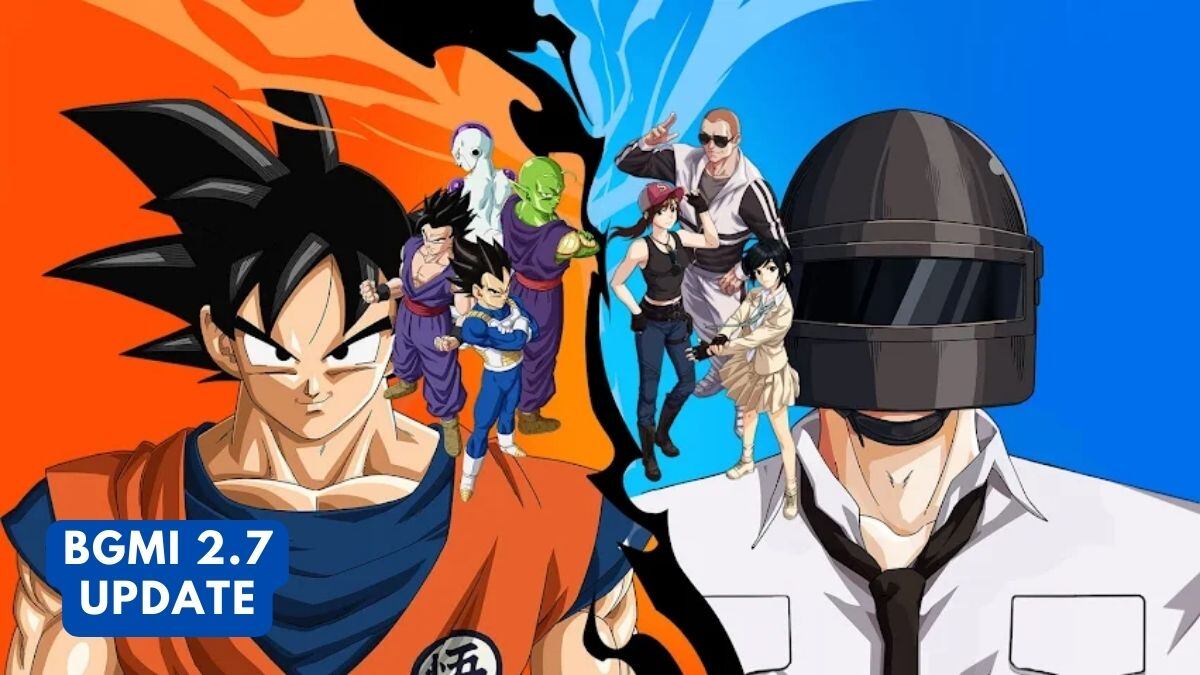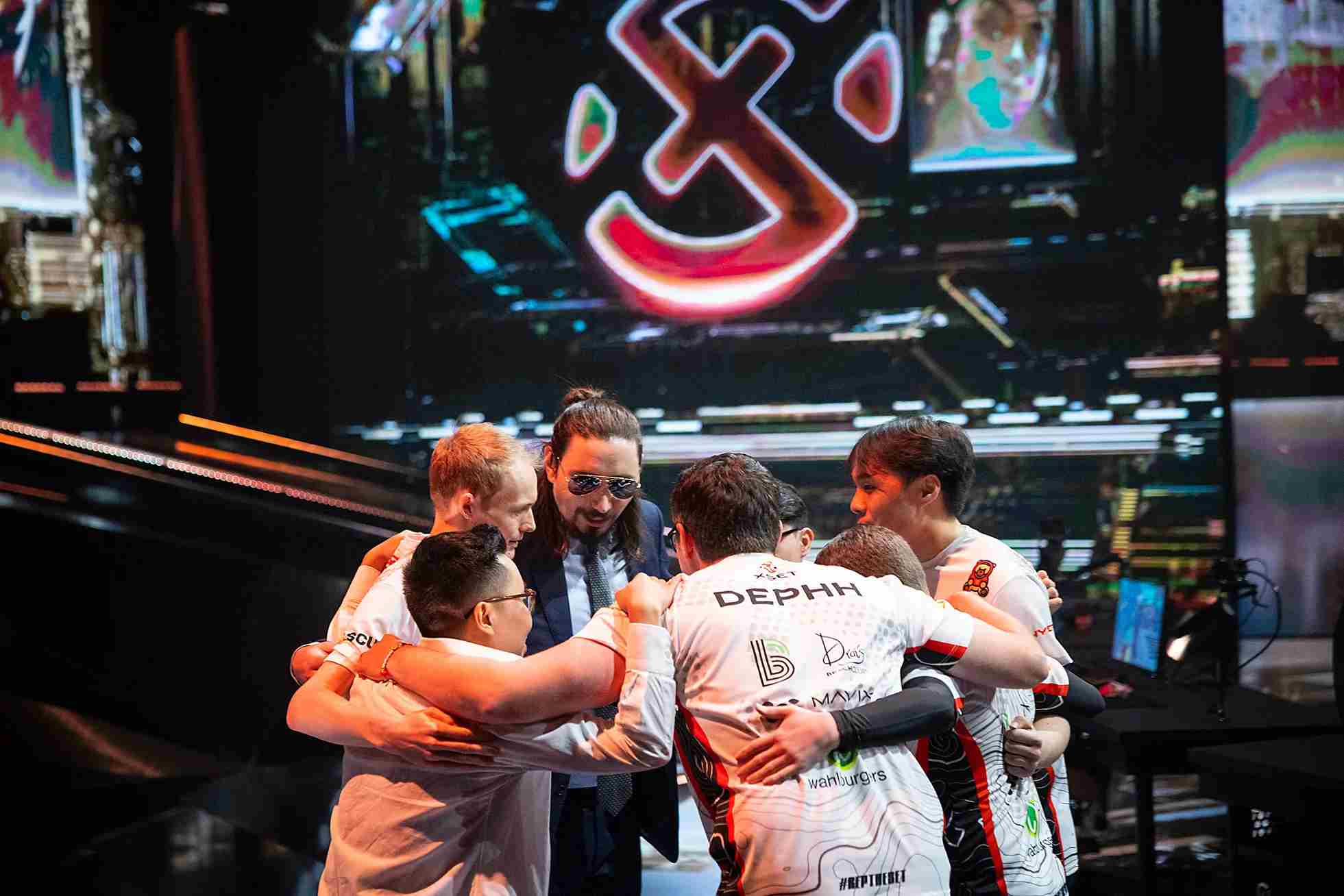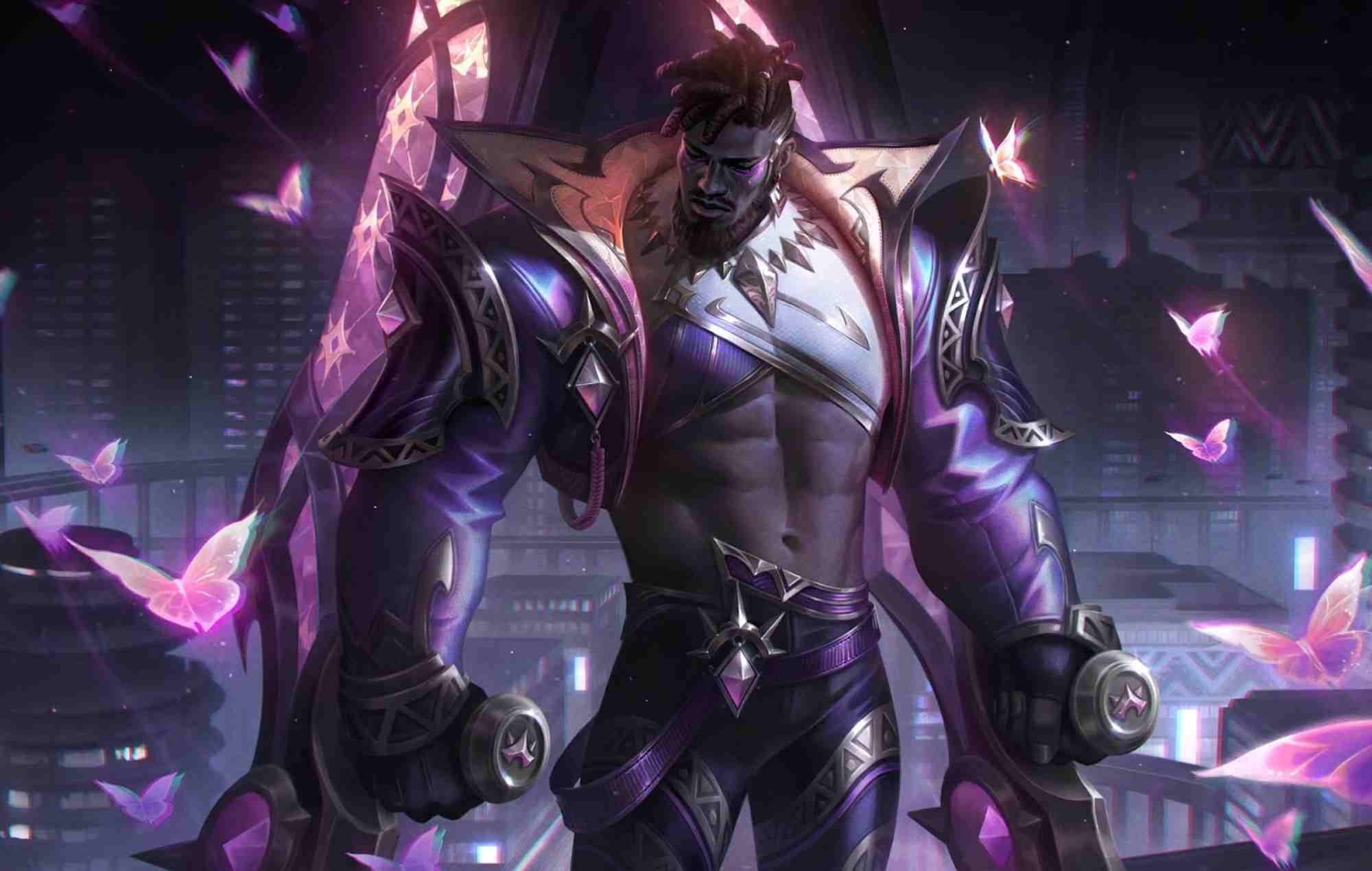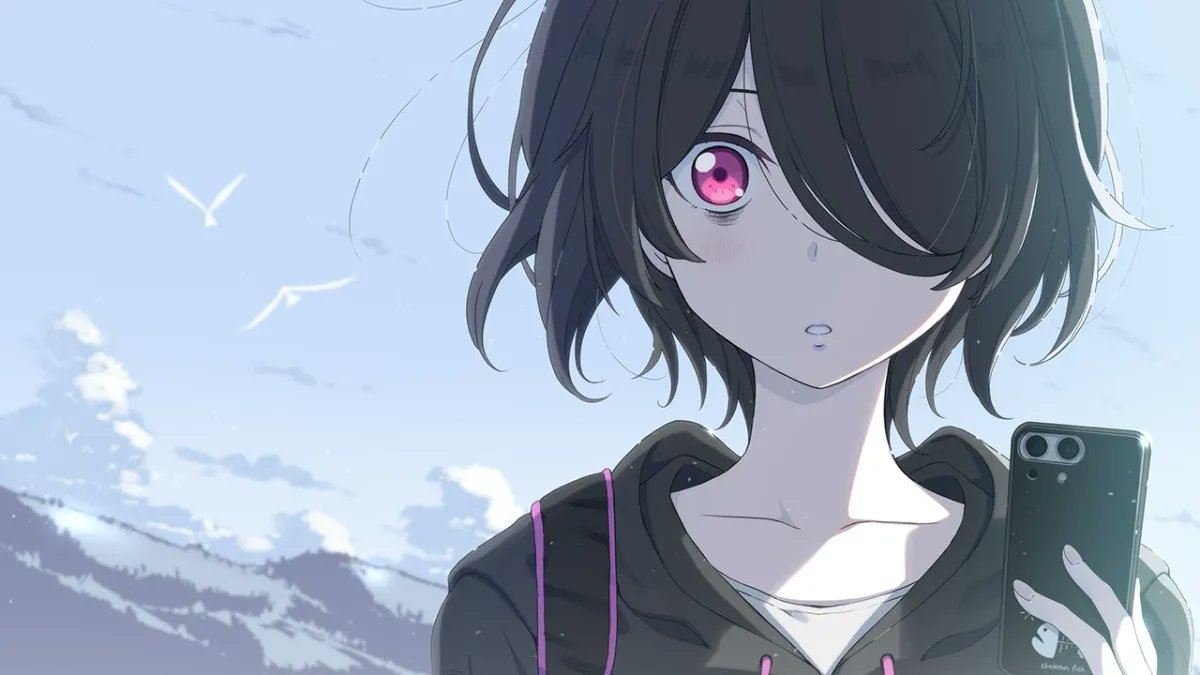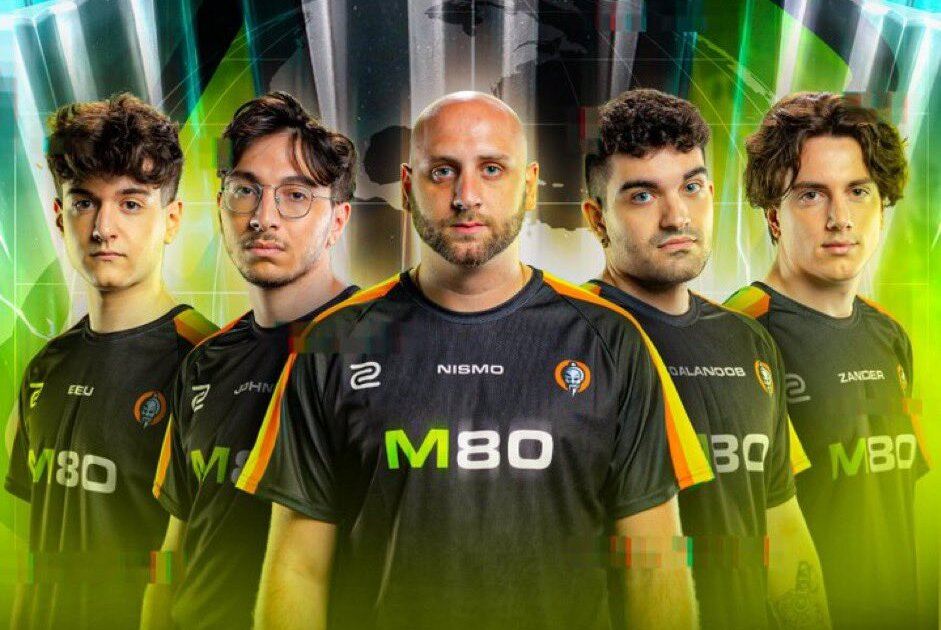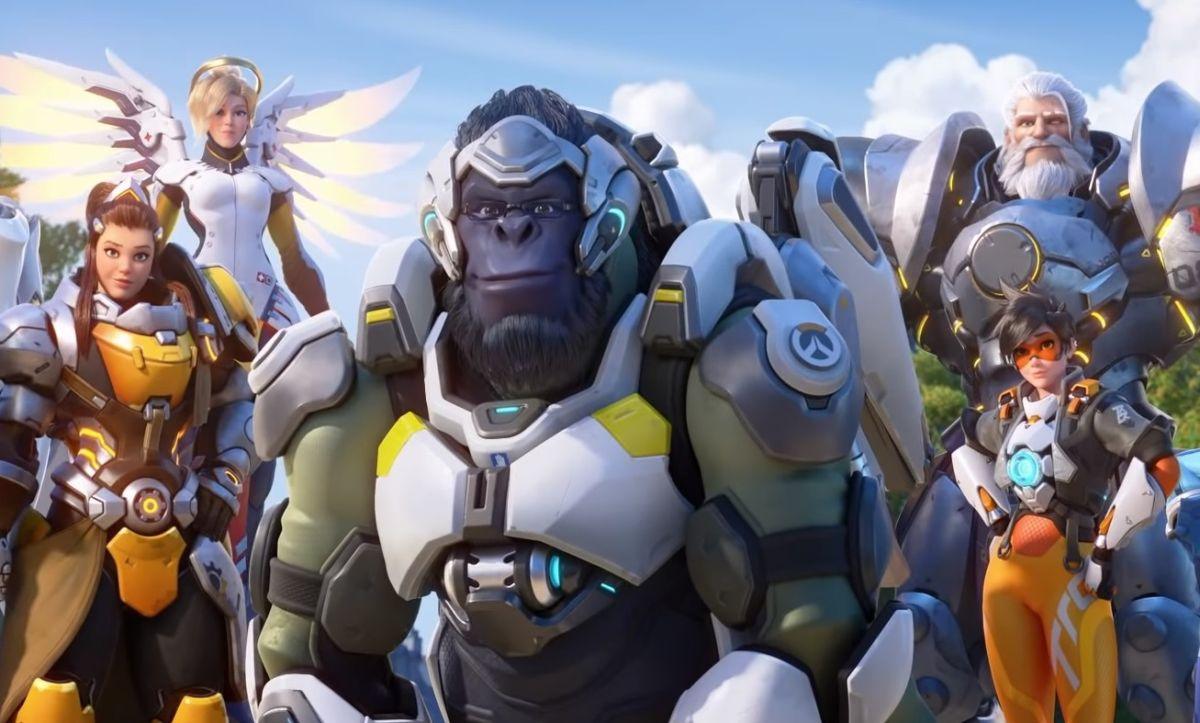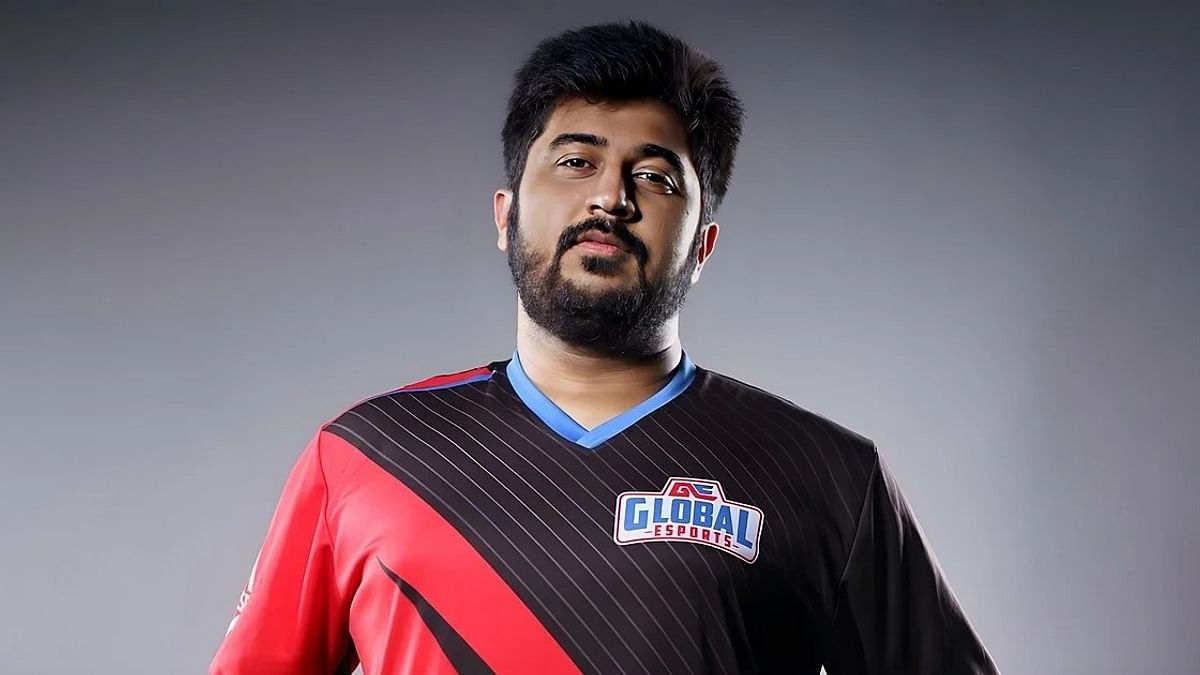Jujutsu Kaisen Voice Actor “Canceled” for Raunchy Jokes – Fans Rally in Support
The recent uproar surrounding Yuichi Nakamura, the voice actor for Satoru Gojo in the popular anime series Jujutsu Kaisen, has ignited a fiery debate among fans. A tabloid’s exposé on Nakamura’s sexually explicit jokes during a gaming live-stream has stirred controversy, leading to a wave of criticism and support from fans worldwide. But amidst the chaos, one thing remains clear: the lines between personal humor and professional conduct are becoming increasingly blurred in the age of social media.
Navigating the Controversy
The catalyst for this storm came from a gaming live-stream project featuring Nakamura, where he engaged in sexually explicit banter. The tabloid Weekly Bunshun’s attempt to expose Nakamura’s comments backfired, drawing condemnation from many on social media. Nakamura’s remarks, though deemed inappropriate by some, were within the context of a scripted role-play scenario, shedding light on the complexities of separating an actor’s on-screen persona from their personal beliefs.
A Familiar Pattern
For those familiar with Nakamura’s work and his circle, such jokes are not out of character. Colleagues like Mafia Kajita have rushed to his defense, emphasizing the light-hearted nature of Nakamura’s humor. This incident serves as a reminder of the challenges faced by public figures in maintaining a balance between authenticity and public perception. Despite the backlash, Nakamura’s supporters argue that his contributions to the industry should not be overshadowed by a single controversial incident.
The International Lens
While Nakamura’s reputation may remain intact within certain circles, his international fanbase may perceive the situation differently. His past comments regarding his portrayal of Satoru Gojo, hinting at a sense of frustration, may have already colored perceptions of him. However, it’s essential to consider cultural nuances and understand that what may be acceptable humor in one context can be deeply offensive in another.
Looking Ahead
As the controversy unfolds, it prompts broader discussions about accountability, freedom of expression, and the impact of cancel culture. Nakamura’s future projects, particularly his role in Jujutsu Kaisen, may come under scrutiny. However, it’s crucial to approach these discussions with nuance and empathy, recognizing that individuals are multifaceted and capable of growth.
Conclusion
In the ever-evolving landscape of entertainment, controversies like these serve as a poignant reminder of the power and pitfalls of social media. While the fallout from Nakamura’s comments continues to reverberate, it’s essential to engage in constructive dialogue rather than resorting to knee-jerk reactions. Ultimately, it’s the collective responsibility of fans, media, and industry insiders to navigate these challenges with sensitivity and understanding.


